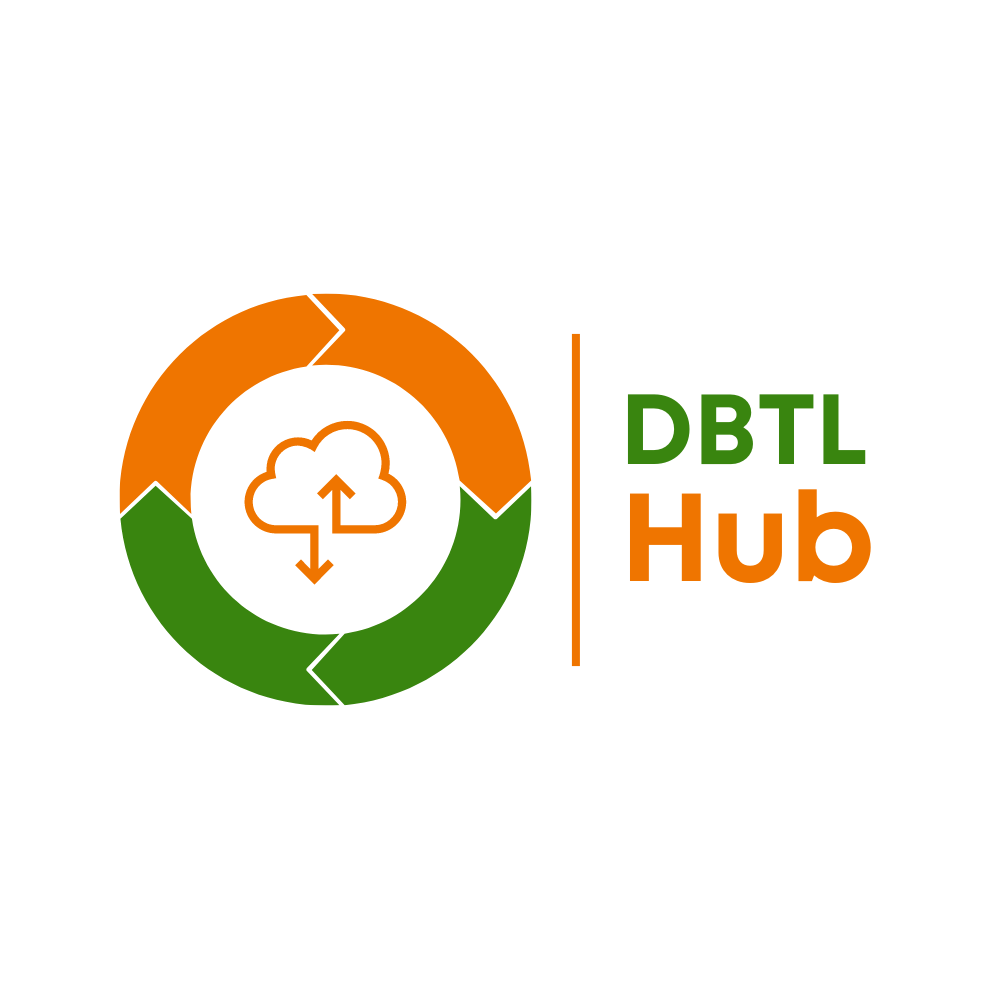
Project Overview
DBTLHub: Towards a One-Stop Shop for Connecting Databases, Datasets, and Tools for the Design-Build-Test-Learn Cycle in Biotechnology - Bridging Gaps and Establishing Benchmarks through Use Cases.
The project aims to simplify and enhance access to a wide range of tools, databases, and datasets crucial for the biotechnology sector, particularly those that support the Design-Build-Test-Learn (DBTL) framework. It will tackle the current fragmentation and lack of connection between existing resources, which hinders efficient biotechnological advancements. By surveying the landscape of available tools, identifying gaps, and creating workflows that integrate these resources, the DBTL-Hub will establish a one-stop shop for users to navigate the complex biotechnology ecosystem.
The initiative will build on insights from ongoing programs in diverse biotechnology communities, such as systems biology, industrial biotechnology, metabolomics, and data management. Moreover, the project will provide practical solutions for users working within the DBTL framework through hands-on activities, workshops, hackathons, and industry engagement. These solutions are designed to enhance the efficiency and effectiveness of biotechnology processes, with a special focus on applications in biomanufacturing and bioprospecting.
One of the key strengths of this proposal is the collaboration with ELIXIR (a European life sciences infrastructure) and its multiple nodes, which connect research efforts from different and large communities. This cooperation will foster innovation in several fields, including microbial biotechnology, biodiversity, and the bioeconomy. By providing a structured approach to accessing and integrating various biotechnological tools and data, the project will significantly contribute to advancing industrial biotechnology and biomanufacturing.
Additionally, the project aligns with the broader goals of fostering a sustainable, bio-based circular economy. Biotechnology is pivotal in this transition, offering solutions for renewable materials, clean energy, and innovative industrial processes. This initiative will advance research and strengthen ties between academia, industry, and emerging bioeconomy sectors by addressing the current challenges of data fragmentation and interoperability. Ultimately, the project will support Europe’s ambition to become the world’s first climate-neutral economy by 2050.
